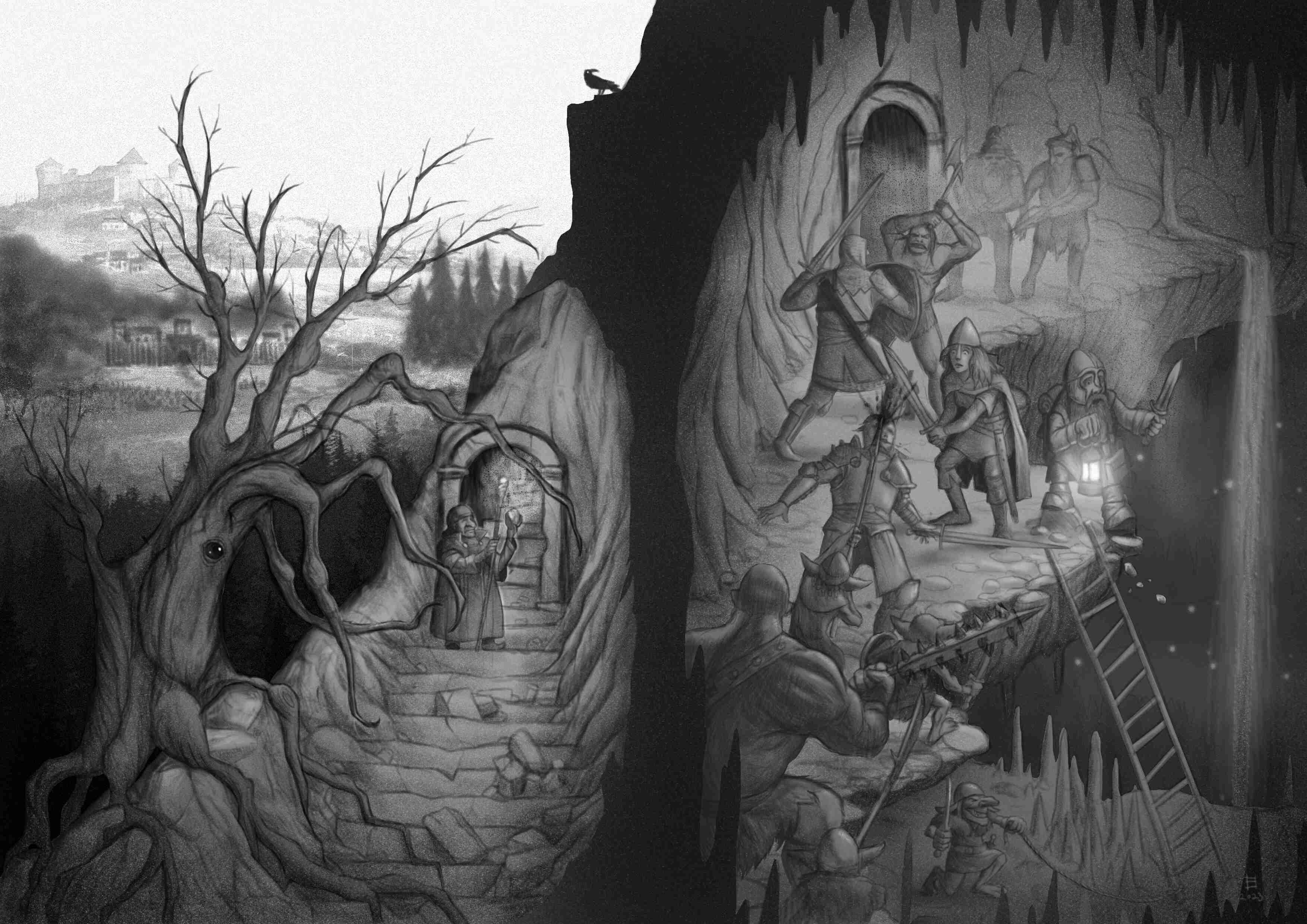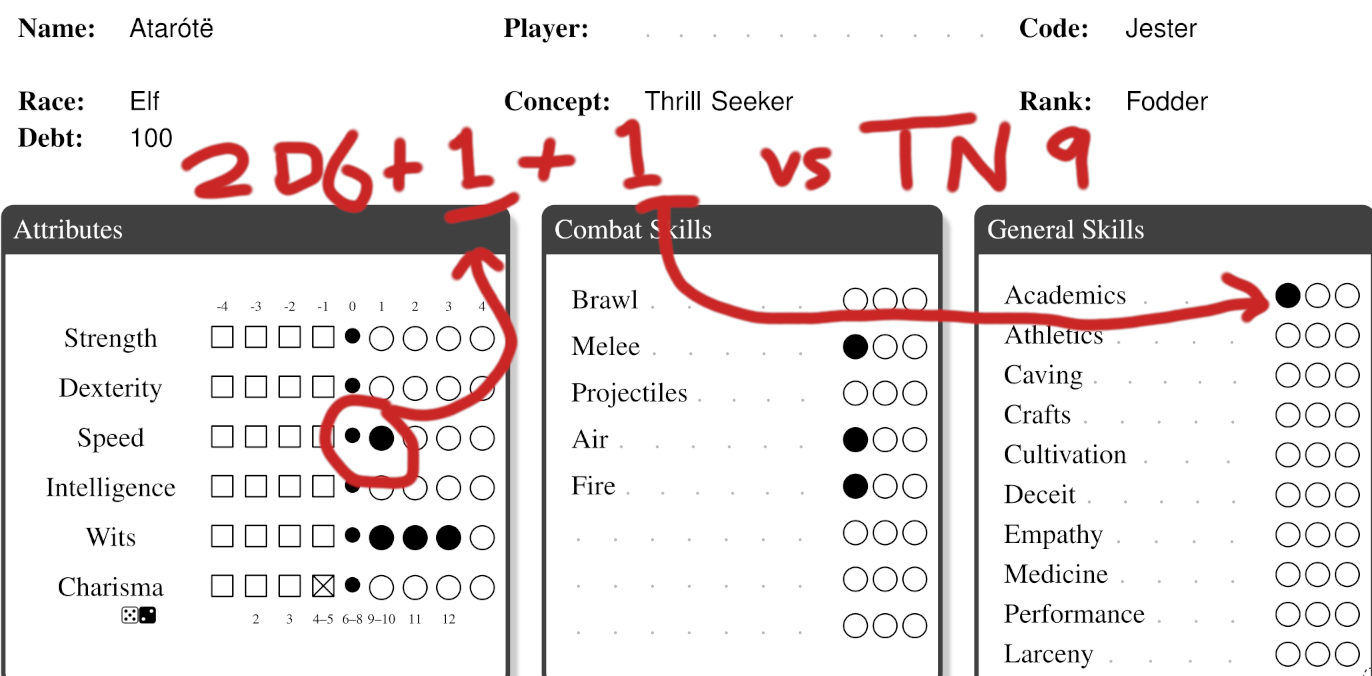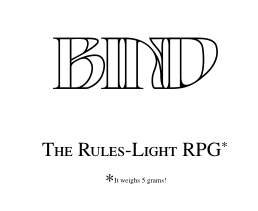
The licence doesn't appear on the page.
Itch lets you select a licence, which will help people search. Under the game, Edit --> Metadata, and select which creative commons licence (there are many).
I don't know if Google docs count as a 'source file'. It's clearly the source. Is it a file? I guess everything's a file if you go by the UNIX definition, so 'close enough'?
Licensing riddles aside, it looks great, and it's nice seeing a fast-paced intro that gets straight into what the game's about.
That's never been the case with any of the open source movement. If someone says their project is open source, then they give out files which are not the source, we would normally say that's not open source. We don't ask Microsoft if they feel that X, Y, and Z are 'the core components' of VSCodium. It's just not open source.
Providing text is good, and you might say the text files are 'open source', if they have a licence which allows modifications and so on. But you can't make closed-source pdfs out of them, and say 'this has text, which is open source, so I feel like it's open source'.
I get that it seems like a small distinction to some, but it's been an important distinction since the inception of the open source movement, and without it, we won't be able to tell open source projects from projects that have open components which people 'feel' are core.
"Open source" [files] means the source of the pdf. If the source files aren't available with the download, it's not open source.
I hope it doesn't come across as a small point, as it's a pretty big deal to me. I've spent years looking about for others doing open source RPGs, but most people using the word 'open source' mean something like 'copying this pdf is okay', which makes it very difficult to find open source RPGs under all the false signals.
Are the source files included in the drivethrurpg link, or somewhere else?
it’s now on my list!
Glad to hear it!
s there a simple way to just download a bunch of pdfs
Yes. Each book's repository comes with a download link.
- Metabind: a collection of the core rules, players' book, and GM's book, all stuffed into one. Getting the books separately is better if you're printing, but a single pdf works better for searching.
- Missions in Maitavale - a full campaign setting and long story.
- Goblin hole module, the intro module.
- Goblin Horde, another goblin-filled introduction module, but this one is in the style of more traditional fantasy RPGs.
But fair warning: despite the hyperlinks, the books all prioritise printing. Reading two-column bright-white pdfs can give you a headache.
I couldn’t make the downloads work in my phone
Thanks for letting me know!
It appears that (some parts of?) this is available in English and in German,
We only have the tiny core rules translated right now, and the character sheet.
Would this be suited to playing with kids, too?
The system is just 2D6 + Attribute + Skill [ + Equipment sometimes ]. Should be fine for kids who are okay with small sums.

The books have one or two spots of harsh language.
I've just playtested and released a oneshot module. If you have any questions about running it, let me know!
With not enough space on the table for the gadgets, snacks, and flailing appendages, it's time to make the rules smaller.
To make things truly minimalist, I've made the rulebook with the assumption that people have a character sheet in front of them, so they'll see stats (and a couple of rules-hints, like the XP costs for Attributes).
If anyone has printer handy, I'd love to hear how clear the folding instructions are (they're written with the assumption that you have the printed page in front of you, and only need to make sense in this context).
The internet's fine - the web's the problem.
ssh, Call of Duty, email, random voice-call software on strange ports - all of them work fine. People have problems with websites.
Plenty of websites of course are fine, the problems present when people use search engines and find a bunch of guff written by a bot, Paywalls, and sign-up screens.
They say the best way to predict the future is to create it, so if you want to help there, 'make good art', write and share good content, don't feed the machine. Sounds like you're doing that already if you're on Lemmy.
And if you want to check out a quieter corner of the internet, where things aren't all in-your-face-sing-up-click-here-now-NOW-DOIT...download the lagrange browser and check out Gemini. It's a mostly plain-text protocol, where people read and write, and sometimes share whacky music.
Yea, 'bottom-up' is a great way to put it.
Like, I can still add a totally different gnoll tribe later on in a module, or just add one 'from the icy South', and let the GM imply a world without yammering about it.
The thing is, this is still tying culture to race.
I had a go at breaking past this barrier, and found it extremely difficult. I started with the idea that geography informs culture, and made a split between elves in the frozen South and elves tropical jungles. This left me with half the normal space to write about elven cultures.
So I figured I could do 2-3 cultures per race, and end up with (5 x 2.5) ~13 descriptions of fantasy cultures. But who wants that? I can't use that much in my own game. Writing because you have to write something makes for bad writing.
Another route is to limit cultures even more. Maybe dwarves and gnomes basically live the same way, as do gnolls and humans. But then it seems odd that gnolls having the mouth of a canine changes nothing about them. If nothing else, their language has to be deeply different, given the lack of lips.
So in the end, I've decided to just fill in a very small part of the world, and leave an underlying assumption that elves, humans, and gnolls might do things differently elsewhere.
Goblin culture doesn’t have a concept of “Property”. A stick on the ground and a tool in a locked shed are equally up for grabs if a thing needs doing. They casually take and leave things all over their communities, eat from communal pots, and genuinely Do Not Understand why the Core Races are so Angry and prone to Violence all the time.
This is nice. It reminds me of the Piraha notion of ownership. If they swing by someone's place to use their boat, but the person isn't there, they'll just use the boat anyway. Once they return with a catch, the boat-owner gets the first pick (e.g. the biggest fish), because it's 'their boat'. So they still have property rights, but they overcome the potential waste of someone not using a boat.
I have cultures'/ races write-ups in BIND.
Here's some snippets:
Roleplaying Dwarves
Check then double-check.
- Does this person really know where the lost temple lies? Ask him about the rooves, doors, and other items made of wood. If the temple was lost three centuries ago, those constructions must have degraded. Does his story match?
- Does the beer taste good? A really good beer still tastes good when you drink three in a row.
Roleplaying Elves
The various elven languages have no words for good', bad', or `evil'.
As a result, elves to not fully understand or use these words, even when speaking other languages.
Bread cannot go bad' -- it has mould. They will never call a song good' -- the song feels lively, or sounds like a Sunrise, or makes one think of home.
They would never call someone evil' -- they might say destructive' or useless', or selfish', but never use language which characterizes anything with such a wide notion as good' or bad'.
If someone says your plan sounds good', make sure to clarify if they mean that they want the results of the plan, or if the plan seems likely to succeed, or if the plan has been stated clearly. And when you hear something is bad', clarify that too.
Roleplaying Gnomes
Think sideways.
Can we apologize to the mage and make amends instead of killing her? Can you use a hammer to communicate? What else do shoes do?
Gnomes see the world from a different perspective. They look up people's noses all day. Gnomes see the ceiling while others look down at the ground.
Gnomes travel slowly but it looks like a large space to them. From a relative perspective, a travelling Gnome has travelled farther than the rest of the troupe. Are we counting footsteps or miles? Did you know that every mile has 5.280 feet?
Where did the mage commission her traps? Is the architect still alive? Does he have standard schematics for his traps in a workshop where he builds traps for people?
What kind of contract do you make when you sell someone a trap to guard a dungeon? What happens if I roll a boulder down the stairs? Have these traps killed before? Where do the bodies go? Does someone climb down to get them out and do they use a ladder? If we dig out the stream nearby, we could flood the dungeon.
The latest version is a wip, available here (Chapter 4).
Random thoughts in no particular order:
- The writing seems clear after a skim.
- The formatting is ugly as all hell. If you want a plain document with nice formatting, can I recommend LaTeX?
- Given that indie projects are only read by people who read indie RPG projects, maybe the 'what is an RPG' section could swap out for 'very fast rules summary'. But I guess the "Philosophy" section covers that.
- With all the emphasis on time tracking, maybe provide a character sheet which lets you pin-point things which will happen at a particular time? Like coins for 10-minute tracker, and pencilled-in events for the months-long actions?
- I don't understand this magic system.
I tried to understand how merging several columns into one would work

It's this button.
Also there are no in cell checkboxes in Calc,
Checkboxes:
https://ask.libreoffice.org/uploads/short-url/biHcqD9rpmk0V92ShVFWZwDVIUD.ods
Something new with Calc? Not to my knowledge, though I've never found something I couldn't do. What additional features do Google Docs have?
For online-usage, nothing will ever beat spreadsheets. They exist to crunch numbers and compare values. They work with both text and numbers. And they're flexible.
- Want to add +2 to perception for elves? Check if
race = "Elf"and if so, add +2. - Want to add a fixed list of weapons for the player to choose from? Stick the entire list on a secret sheet, then reference them in a drop-down menu.
If a bespoke tool ever came out, it would only do one system, badly. Spreadsheets do any system, and the skills you learn with them are transferrable to almost all other spreadsheet programmes.
There's my indie RPG character spreadsheet (requires Libreoffice Calc). Fill in your name, and it'll use numerological constants to find your race and stats, then tracks your XP every time you buy a skill.
People want to use something like a pdf because it looks like paper, but this instinct is wrong. PDFs are for printing. Their fill-in text boxes are ugly, and programming them is clunky.
The apps are certainly in need of all the help they can get. I have Lemur and Jerboa, and they're both janky as all heck.
My game has fewer rules than Pathfinder by any measure, although 'a page or two' seems a very low number - that sounds more like a little zine than a fully-fledged RPG.
I like this idea, but given that players never read the rules, it's a little like asking my granny what kind of package management system her computer should use.
Upon stepping into the room, the players are ambushed (see the core rules for ambushes) by a drow mage (see the Monstrous Manual for more on the drow) riding a Grizwoz (see Appendix B: New monsters). The drow is level 7 (the GM should prepare a spell-list before the adventure starts).
